Another Urban Land Institute Miami Investor Symposium is in the books, and the consensus is that South Florida’s real estate market is on stable ground headed into 2020.
Hundreds of real estate professionals gathered at the Mandarin Oriental on Brickell Key to hear what the industry’s sharpest minds have to say about the region. A parade of developers, property owners, investors, bankers and operators shared insights about topics ranging from retail and residential trends, to how South Florida is coping with climate change and traffic woes.
The overarching theme throughout the day was that investors remain bullish on South Florida over the long-term, a sentiment that has only intensified in light of recent tax hikes in other markets which are driving continued population growth and keeping the inbound capital flowing.
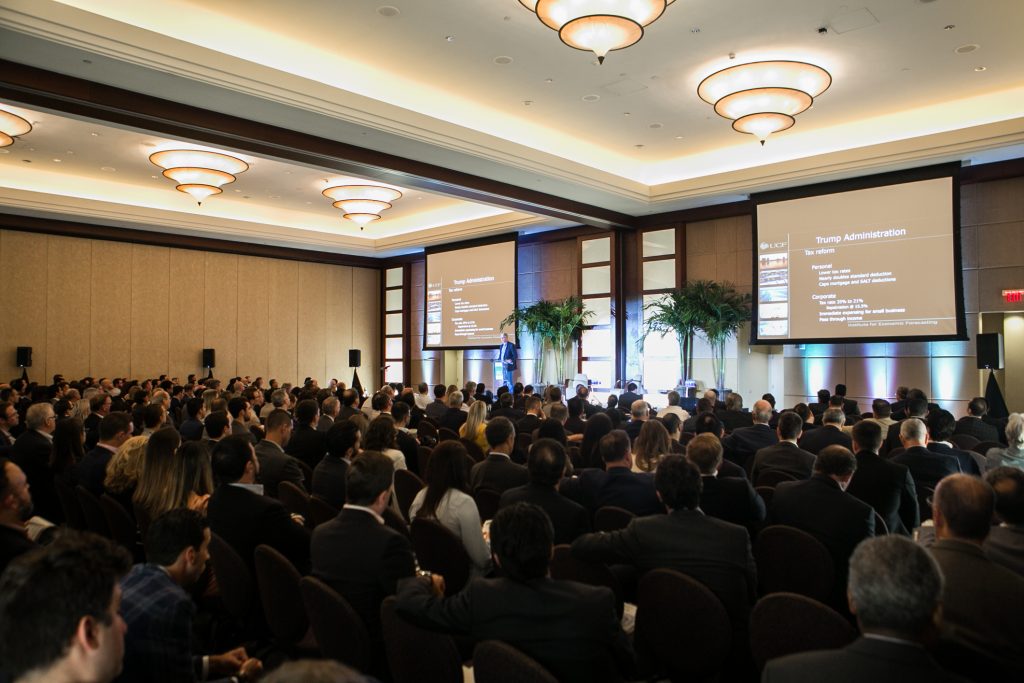
Richard LeFrak, part of the development team behind the mixed-use development SoLeMia underway in North Miami Beach, drew a direct link between Miami’s lifestyle appeal and its surging real estate sector.
During a candid conversation with Miami Worldcenter Managing Partner Nitin Motwani, LeFrak recounted how years of vacationing with his family in Miami ultimately led to his company doing business here, and that naturally transitioned into his firm becoming involved in a legacy project like SoLeMia.
This seems to be a common theme among investors and high net worth individuals, especially those in search of tax relief. Case in point: Florida saw the highest level of net domestic in-migration in 2018, according to U.S. Census data. Meanwhile, New York and Illinois, whose residents are bearing the brunt of taxation, lost more residents than the other 48 states.
Timothy Peterson, COO and CIO for Altman Companies, explained that this influx of domestic investment illustrates South Florida’s status as a safe haven. ‘The Miami market is hyper-local and cyclical in many ways,’ he said. ‘Take Acqualina in Sunny Isles for example. When condo sales began, the project’s buyers were mostly Russian. Then came the Europeans. Then it was the South Americans. Now they’re seeing U.S. buyers from high tax states. Each segment left their market for a different reason, but they’re all a form of flight capital in one way or another.’
There is also evidence that institutional investors are looking to South Florida as a core market worthy of sustained, long-term investment.
‘It’s safe to say that Miami is now a focal market for us,’ said Jason Schreiber, principal with Los Angeles-based CIM Group, an equity investor in Miami Worldcenter. ‘We like the City’s diversity, entrepreneurial spirit, and the resilient mindset that you find here. One thing we’ve realized as a national investor, developer and operator, is that gateway cities have no choice but to become resilient.’
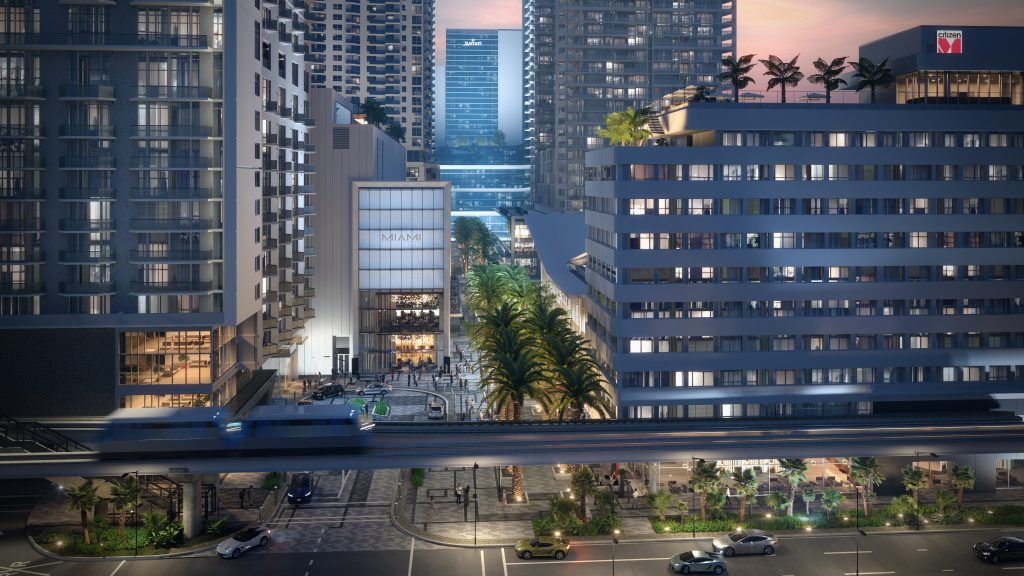
“Resiliency” was a buzzword throughout the day, as panelists fielded a questions covering everything from rising insurance rates to the integrity of Miami’s infrastructure.
Nitin Motwani addressed the subject head-on, emphasizing South Florida’s long history of adapting to climate change.
‘Hurricane Andrew opened our eyes to the fact that we had a wind problem back in the early 1990s, and we responded by implementing the nation’s strongest building code,’ Motwani recalled. ‘Now South Florida is confronting rising seas, and we’re addressing the issue through new technology and changes in where and how we build. People from outside our market want to know that we’re taking action, and we are – probably more so than any other coastal community.’
Another aspect of resiliency is public transit and, more specifically, reducing the community’s reliance on cars. During a panel moderated by Bilzin Sumberg Managing Partner Al Dotson Jr., developers Jackie Soffer of Turnberry and Justin Kennedy of Grass River Property took a deep dive into the new transit options coming online in Aventura and Coconut Grove.
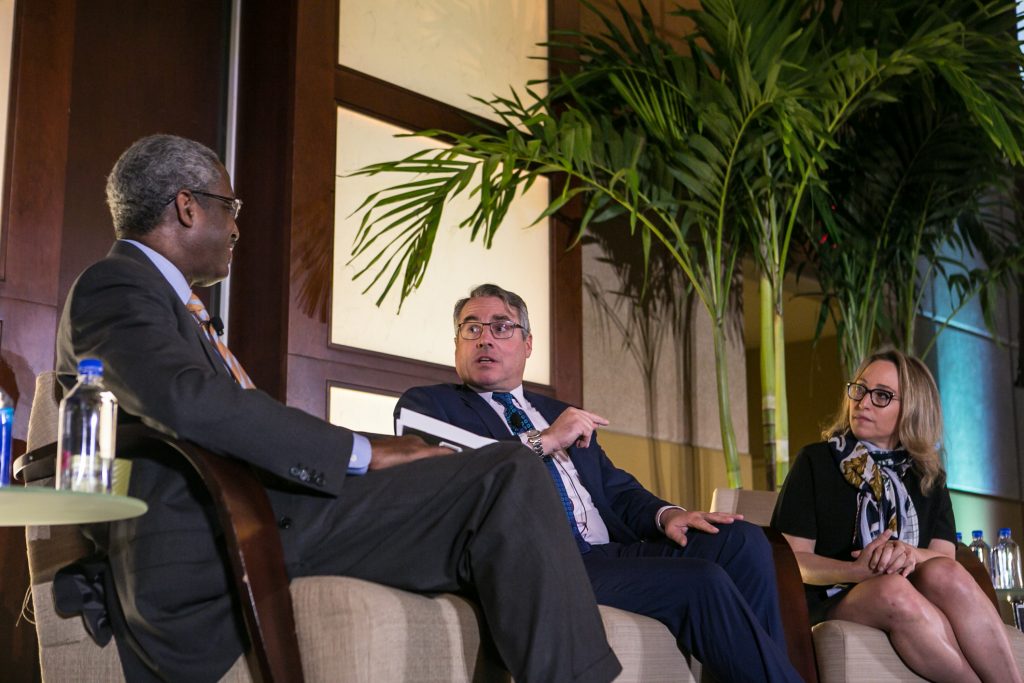
Dotson opened the discussion talking about the activity underway in both neighborhoods, and later pointed out that each district lacks a direct connection to the region’s main transit systems.
Now that’s about to change, with Brightline/Virgin Trains finalizing plans to add an Aventura station and Grass River Property and Terra preparing to begin construction of a multi-modal transit hub in Coconut Grove called Grove Central. This expanded connectivity promises to reshape both districts, luring new property types, supporting existing commercial properties like the renovated CocoWalk, and further diversifying the real estate landscape.
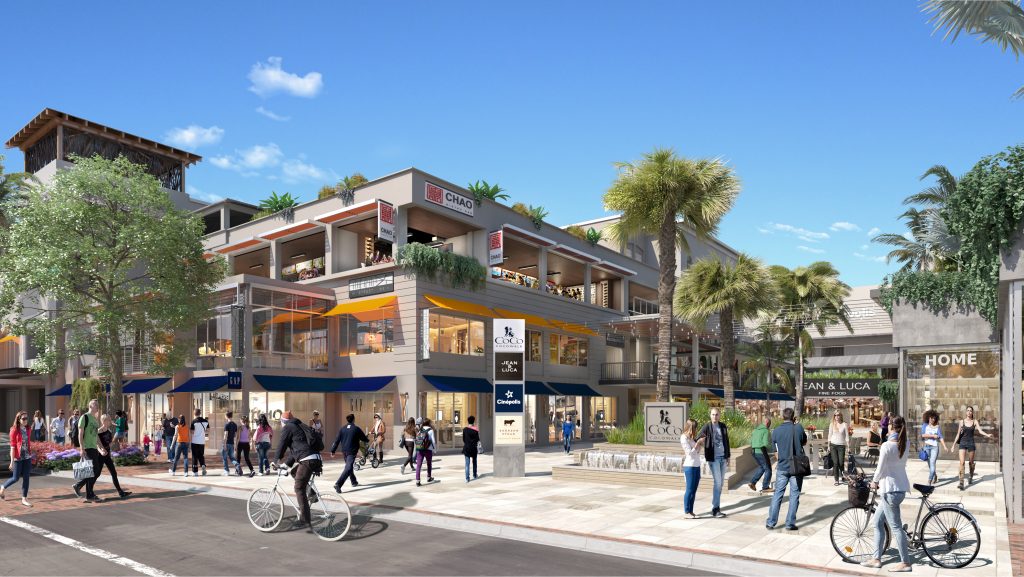
‘It’s perfect timing to bring new transit options to Coconut Grove,’ according to Kennedy. ‘The Grove has always been walkable and authentic, and we’re seeing that essence come back. People aren’t coming to the Grove to do grocery shopping. They’re coming for an experience. That won’t change, but the way they arrive will continue to evolve. This will impact the retail mix in a big way and it also means we’re likely to see new housing options delivered.”
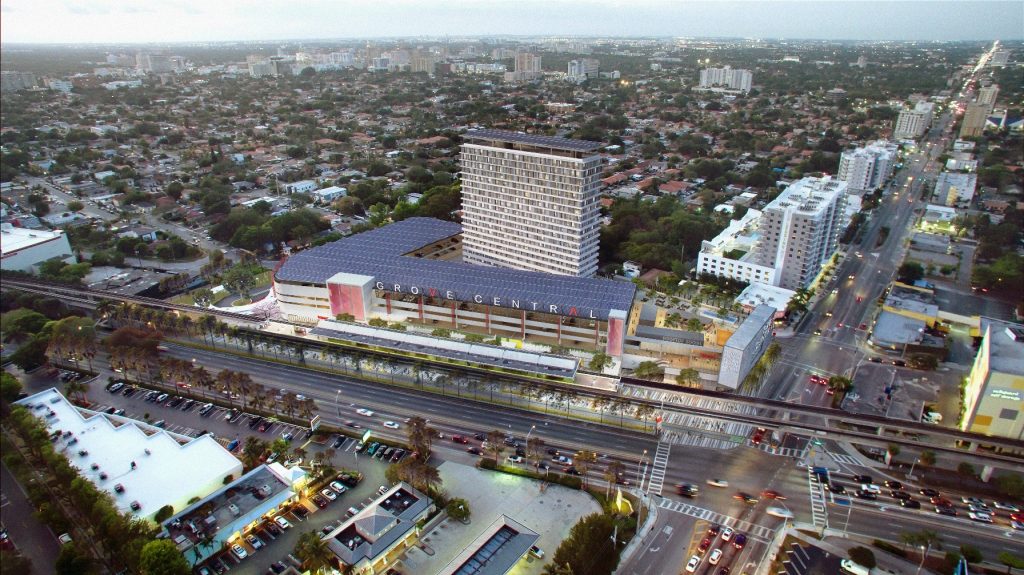




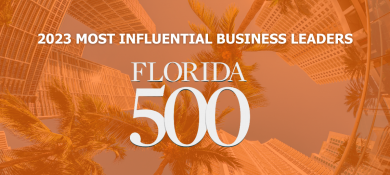

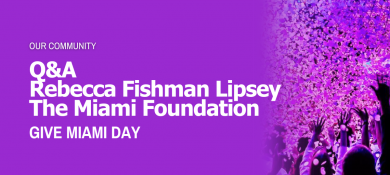
 See More Blogs
See More Blogs
Comments